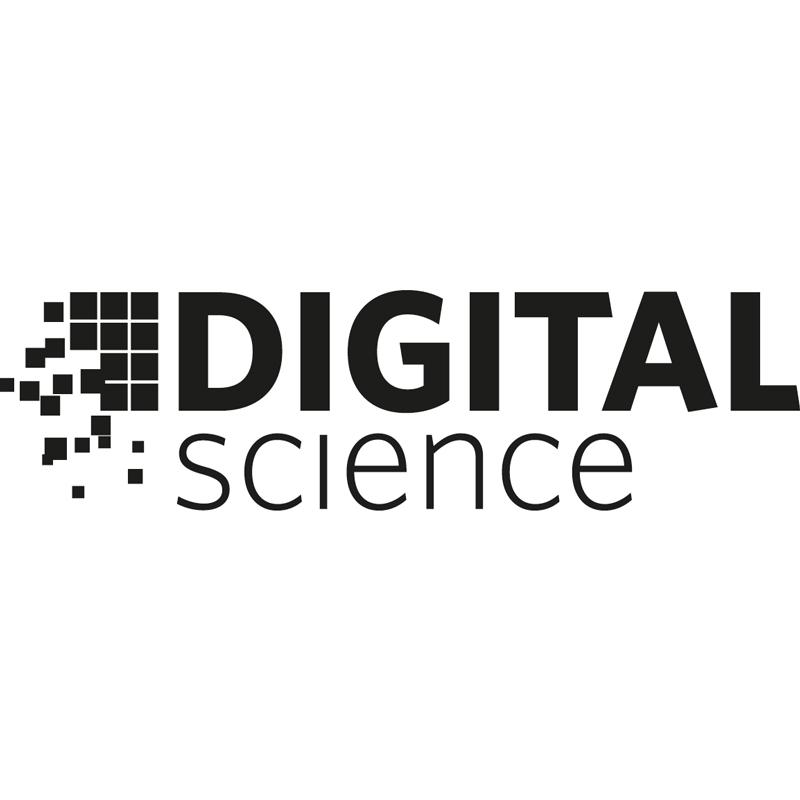
Using repositories to build resilient open research ecosystems
Institutional repositories are a vital component of institutions’ research management infrastructure. A Times Higher Education webinar, held in partnership with Digital Science, featured a panel of experts from UK universities who discussed how institutions can harness the potential of versatile research repositories to gain a comprehensive overview of institutional research output.
“We’re now in a time where academic institutions can control the dissemination of content,” said Mark Hahnel, vice-president of open research at Digital Science and the founder of Figshare. Institutional repositories need to function as a support source of information and uphold checks and balances to maintain the credibility of academic data, Hahnel said.
Hahnel established Figshare in 2011, and the company is now part of Digital Science. Figshare offers repository infrastructure to institutions to empower them to share, display and manage their research outputs. “As we move into the space where people discover content in different ways, you need to meet the researchers where they are,” he said.
“There isn’t a one-size-fits-all policy in terms of open research and how we might capture open research activities,” said Andrew Stewart, institutional lead for open and reproducible research at the University of Manchester. In computational science research, academics must be able to connect their work with data and executable code in the same repository, said Stewart.
James A. J. Wilson, head of research data services at University College London, spoke about the importance of research repositories and the role they play in enabling people to catalogue data and find it in the future. “What we would like to do is turn data into a first-class research output in its own right, which can be reused, recombined with other data sets and inspire new knowledge,” Wilson said.
Repositories facilitate collaboration, reporting, impact, discovery and the reproducibility of research and compliance with regulatory frameworks, said Claire Knowles, associate director of research and digital futures at the University of Leeds. “All our outputs do not necessarily make their way into our repositories and nor should they. But they should be linked to the [repositories],” she said.
“We need to find ways that we can work together to create some synergy between systems,” said Claire Turner, senior vice-president for commercial research workflow solutions at Digital Science, who emphasised the importance of FAIR principles in open research. FAIR, which stands for findable, accessible, interoperable and reusable, is a set of principles that promote transparency, collaboration and innovation in sharing and managing data.
“Given the way research is funded at universities, we do have a moral duty and responsibility to make our data and research findings as open as we can, not just within the academic community but more widely,” said Stewart. Keeping data safe for the future, even when the repositories and people who look after them will change over time, is an easy way to make sure we’re not reinventing the wheel every time, said Knowles.
The panel:
- Mark Hahnel, vice-president of open research, Digital Science and founder of Figshare
- Claire Knowles, associate director of research and digital futures, University of Leeds
- Sreethu Sajeev, branded content deputy editor, Times Higher Education (chair)
- Andrew Stewart, institutional lead for open and reproducible research, University of Manchester
- Claire Turner, senior vice-president for commercial research workflow solutions, Digital Science
- James A. J. Wilson, head of research data services, University College London
Watch the webinar on-demand above or on the THE Connect YouTube channel.
Find out more about how Digital Science can support your needs across the entire research lifecycle.

